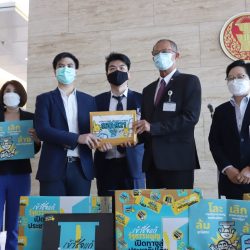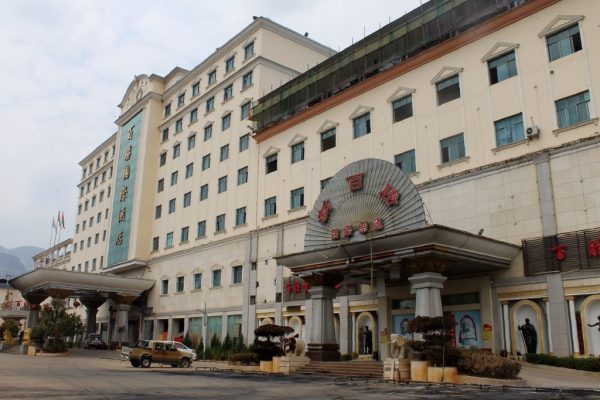Myanmar Report: COVID-19 festers in Myanmar amidst coup woes

Amidst the political and economic turmoil, brought on by the military coup in February, Myanmar is facing yet another threat.
Cases of COVID-19 have increased rapidly since May 27th, averaging around 220 new cases per day, with over 10% of the population infected. Today, the country reported new high, with over a thousand new cases.
Official data, from the Ministry of Health and Sports (MOHS), show that Sagaing Region has the most cases, with over 1,100 new cases being reported between June 13th and 23rd. Yangon has over 700 and Bago is now at over 600.
MOHS had said that Hlegu General Hospital, Hlaingtharyar’s General Hospital and COVID-19 center (Phaungyi), will systematically treat patients who exhibit symptoms.
This wave began on May 27th, with 96 new patients found. By June 19th, the daily record was 561 new COVID-19 cases, spiking on June 24th with 859. This was a total of over 9,000 new cases in a month.
With the Civil Disobedience Movement (CDM) continuing to hold strong, both local and international observers have pointed out that the collapse of Myanmar’s political, economic and healthcare infrastructure is imminent.
Pandemic forces schools to close
One of the most controversial moves by the junta government was to reopen schools across the country. Political affiliations aside, parents and teachers questioned the wisdom of the move, due to ongoing conflicts and the lack of any official preparation against COVID-19.
The initial pushback against schools reopening came from teachers participating in CDM, as well as parents refusing to enroll their children in school, resulting in a low student turnout.
It was more apparent in rural areas, with video clips, widely shared online, of local administrative authorities cajoling parents into registering their children for the school year.
At the same time, schools try to recruit more new teachers, while firing teachers and other faculty members who have been a part of the CDM.
Despite the junta government’s best efforts to have a return to normality, the pandemic struck again.
Subsequently, many townships are facing rising numbers of COVID-19 cases, which has forced schools, which had recently reopened, to close indefinitely, along with some hospitals and markets.
From the end of May to June 25th, there have been nine townships placed under the stay-at-home restrictions. There are five in Chin State, two in Sagaing Region and two more in Bago Region.
Even those who have been vaccinated, but are living in stay-at-home townships, must follow the directives.
The public now has great distrust in the government and, by extension, in the public healthcare system.
Inoculation campaign
Myanmar has, so far, used the Indian-made Covishield and China-made Sinopharm vaccines. Both are recognized by the World Health Organisation, amongst 8 types to be used in emergencies.
The inoculation campaign began in January, with Covishield, for selected groups of people. The second phase began on May 31st in Yangon only.
The MOHS’s data show that there are 1.4 million people fully vaccinated and 1.8 million people have had their first dose.
The agreement with India is that 30 million doses of Covishield will be delivered to Myanmar, but this has since been halted, as India is also seeing a rapid increase in COVID-19 cases.
The official data suggest that China donated 300,000 more doses of vaccines, and the priority goes to teachers, so the country can get schools to reopen.
As a rough calculation, this will only be enough, counting both phases, for 150,000 people, in a nation which is home to at least 55 million.
The MOHS has announced that the Yangon and North Okkalapa General Hospitals are accepting COVID-19 patients with severe symptoms, but many civilians have reported that, despite severe health problems, some patients have been turned away for ambiguous reasons and only directed to go through home isolation and to return only if the situation worsens.
Programs, that were in place to support lower-income families with either money or rations, have disappeared since the coup on February 1.
Factories and companies are closing down, due to the stalled economy or in fear of sanctions, which means that more and more of people are being laid off.
The steady proliferation of anti-coup militias and the continuing violent crackdowns by security forces, mean that Myanmar’s overall situation is not about to improve, let alone recover.
This, combined with the surge in COVID-19 cases in Myanmar, means that Myanmar’s troubles may well extend far beyond 2021.
by David






